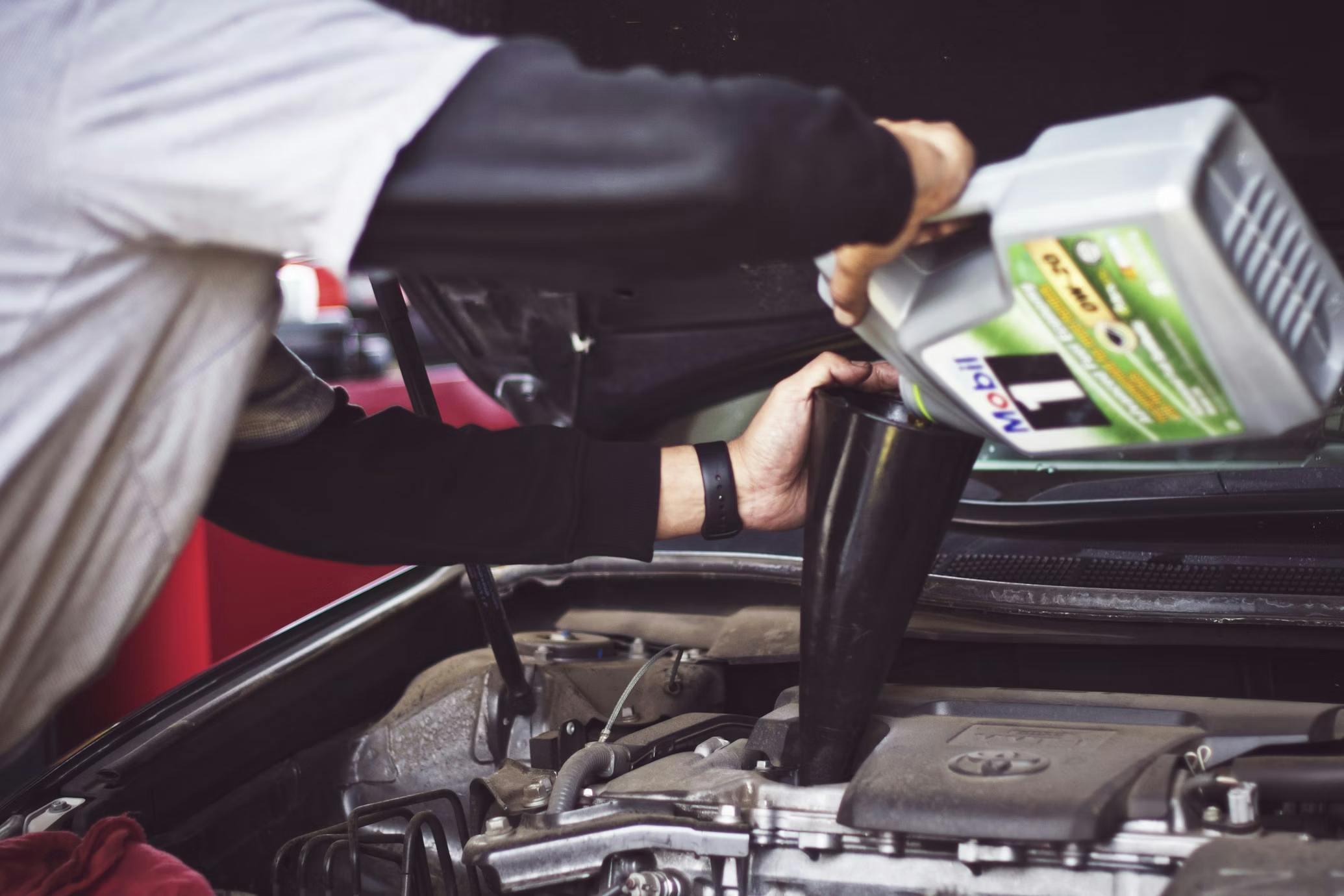The ABCs of Car Maintenance: A Beginner's Guide
Maintaining your car is crucial for ensuring it runs smoothly, efficiently, and safely. For beginners, the world of car maintenance can seem overwhelming, but it doesn't have to be. Here’s a simple guide to help you understand the basics of car maintenance. Whether you're a new driver or just looking to brush up on your car care skills, these tips will help you keep your vehicle in top shape.
1. Regular Oil Changes
One of the most critical maintenance tasks is changing your car's oil. Oil lubricates the engine's moving parts, reduces friction, prevents overheating, and helps keep the engine clean.
- Frequency: Generally, you should change your oil every 3,000 to 5,000 miles, but refer to your owner’s manual for specific recommendations.
- Signs you need an oil change: Increased engine noise, darker colored oil, oil smell inside the cabin, or the check engine light comes on.
2. Check Your Tires
Proper tire maintenance is essential for your safety, fuel efficiency, and the vehicle's longevity.
- Tire Rotation: Rotating your tires helps them wear evenly, extending their life. This should be done every 5,000 to 7,000 miles.
- Air Pressure: Check your tire pressure monthly, including the spare. The correct pressure levels can usually be found on a sticker inside the driver’s door.
- Tread Depth: Check the tread depth to ensure it’s above the minimum legal requirement, which is typically 2/32 of an inch.
3. Inspect the Brakes
Brakes are vital for safety. They should be inspected at least twice a year to determine the condition of the hydraulic system and the friction materials.
- Warning Signs: Listen for squealing, grinding, or any unusual noises when you apply the brakes. If the car pulls to one side, or if the pedal feels spongy, it might be time for a brake check.
4. Maintain the Battery
Car batteries typically last between three to five years. Keeping the battery clean and secure extends its life and prevents breakdowns.
- Battery Check: Look for signs of corrosion on the terminals, and ensure the connections are tight and clean. If your car starts slowly, the battery may be failing.
5. Replace Windshield Wipers
Windshield wipers are crucial for your visibility during rain and snow. Worn-out wipers can leave streaks and obscure your view.
- Replacement Frequency: Typically, replace your wipers every six to twelve months.
- Signs of Wear: Streaking, squeaking, or damaged rubber on the wipers.
6. Check Fluid Levels
Your car relies on various fluids to operate smoothly. Check these regularly:
- Engine Oil
- Coolant
- Power Steering Fluid
- Brake Fluid
- Transmission Fluid
- Windshield Washer Fluid
7. Keep It Clean
Keeping your car clean isn’t just about aesthetics. Removing dirt and grime protects the paint and undercarriage from rust and damage.
- Exterior: Wash your car every two weeks and wax it twice a year to protect the paint.
- Interior: Regular vacuuming and dusting improve the interior environment and help maintain the vehicle's value.
Conclusion
Regular maintenance is the key to a reliable, efficient, and long-lasting vehicle. By following these simple tips, you can ensure your car remains in great condition and serves you well for many years. Remember, if you're ever unsure about performing any maintenance tasks yourself, it’s wise to consult with a professional.
For more detailed guidance or specific questions, consider using services like Mavyn, where you can chat with Mavyn GPT or connect with a human expert to get personalized answers to your car maintenance queries.
Remember, taking care of your car is not just about maintenance, but also about ensuring safety and efficiency on the road. Happy driving!
